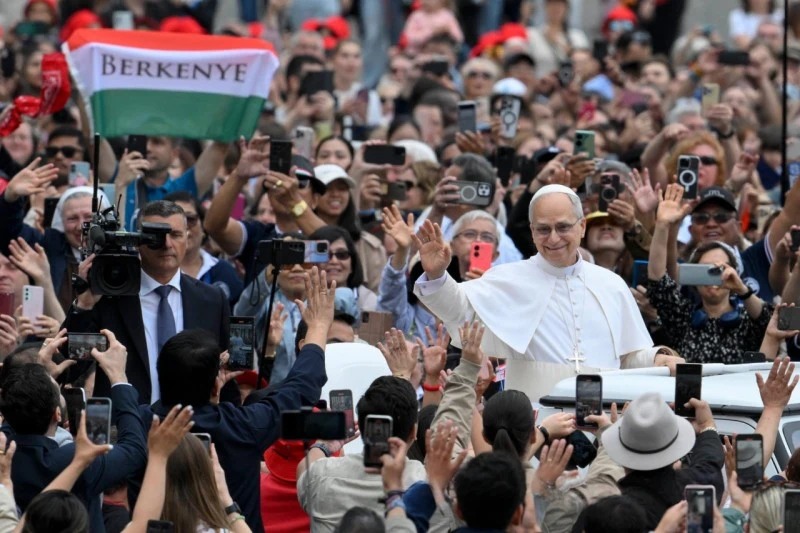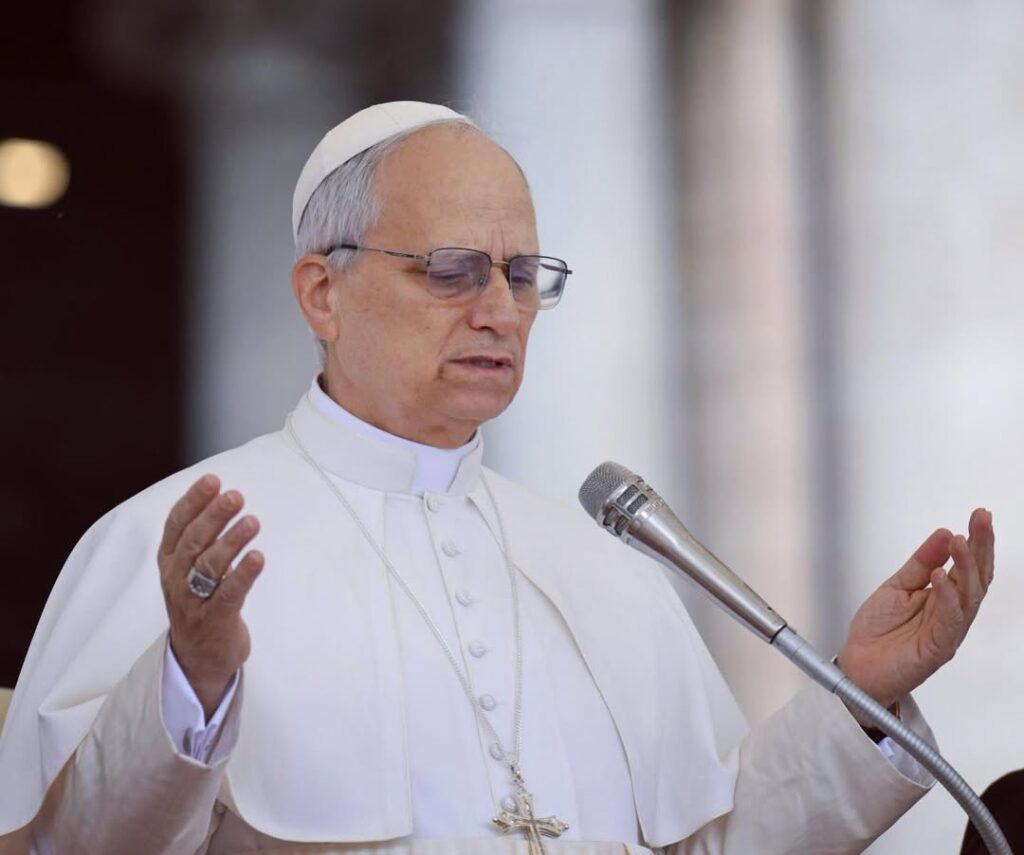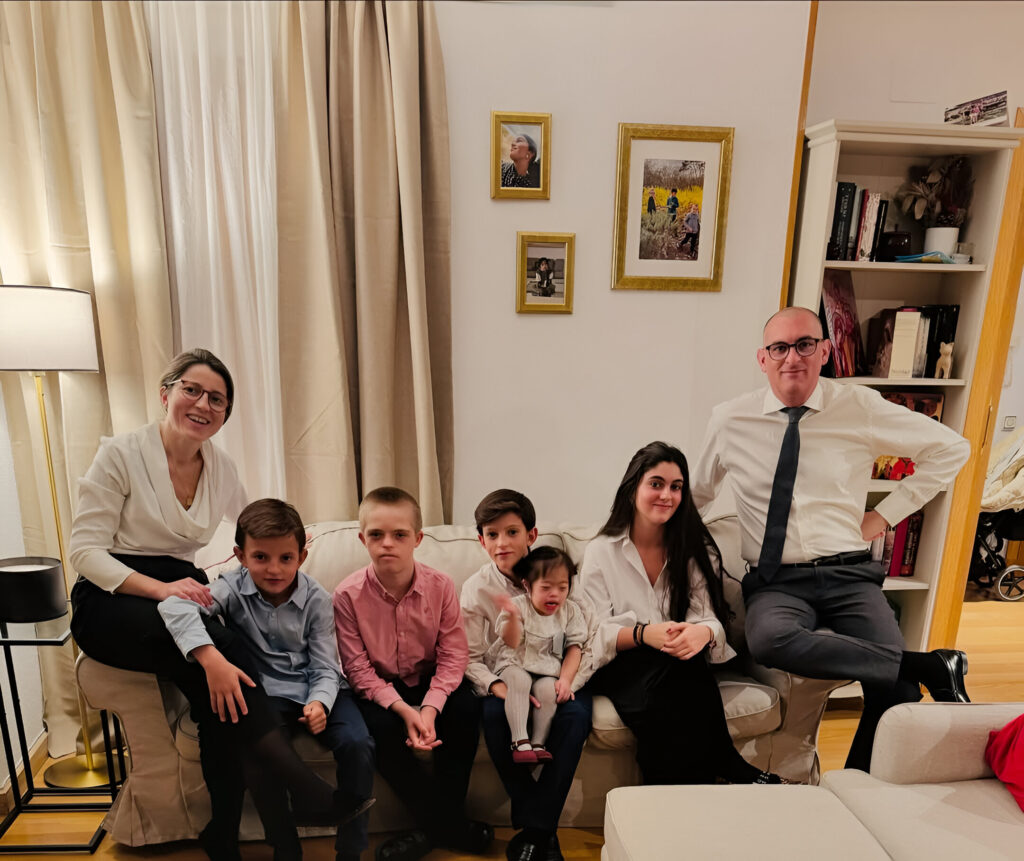Cardinal Felipe Arizmendi: Leo XIV: “This is the hour of love”
The Church: Unity in diversity, the call to love, and the mission of Pope Leo XIV

Cardinal Felipe Arizmendi, bishop emeritus of San Cristóbal de Las Casas and responsible for the Doctrine of the Faith at the Mexican Episcopal Conference (CEM), offers Exaudi readers his weekly article.
FACTS
Are there differences in the Church? Fortunately, there are, and how good that they are. We are not puppets of a structure; we are living beings, each with our legitimate differences. If God, who is God, is different as Father, as Son, and as Holy Spirit, how good that the disciples of Jesus are not identical, but very different, as the twelve apostles are different, and as Jesus and John the Baptist are different; but all united by love, striving for the love of God to reign in the world.
Are there divisions in the Church? Unfortunately, there are such conflicts, and how unfortunate that they are. They exist not only between Catholics and Evangelicals, between Catholics and Orthodox, but also within Catholic communities themselves. There are those who remain stubbornly convinced that the Mass should only be in Latin and that Communion should always be received on the tongue, and those of us who have embraced, out of conviction, the renewal promoted by the Second Vatican Council. There are those who wholeheartedly accept Pope Francis and his predecessors, and those who have rejected them for doctrinal or disciplinary reasons. There are those who are part of an evangelization and pastoral group with a more social focus, and those who follow a more devotional line. The sad thing is that they do not know how to live together serenely and value each other for all the good that each person has, but rather some exclude and attack others, as if they alone were the only authentic interpreters of the Gospel. This is very painful and worrying. Added to this are the political and social divisions within humanity.
I have greatly enjoyed it when, in a diocese, priests were divided and learned to love one another, despite their differences; when some religious sisters rejected others who wore the habit and dedicated themselves to educational ministry, and they dedicated themselves to a different style of ministry outside of traditional settings; when members of the Catholic Renewal Movement in the Spirit lived and worked together with those from the Ecclesial Base Communities; when we Catholics lived fraternally with leaders of other religious denominations, Christian and otherwise; when members of a family who were estranged learned to respect and love one another. How beautiful it is to live united, despite our differences, valuing and respecting one another! This is the unity that is required, and this is the will of Jesus.
ENLIGHTENMENT
Pope Leo XIV, at the official beginning of his Petrine ministry, emphasized this:
“I was chosen without any merit, and with fear and trepidation, I come to you as a brother who wishes to become a servant of your faith and your joy, walking with you on the path of God’s love, which wants us all united in one family.”
Love and unity: these are the two dimensions of the mission that Jesus entrusted to Peter. Peter, then, is entrusted with the task of “loving even more” and of giving his life for the flock. Peter’s ministry is marked precisely by this self-sacrificing love, because the Church of Rome presides in charity, and its true authority is the charity of Christ. It is never a question of ensnaring others with submission, with religious propaganda, or with the means of power, but it is always and only a question of loving as Jesus did.
We have all been constituted “living stones,” called by our Baptism to build God’s building. In fraternal communion, in the harmony of the Spirit, in the coexistence of differences. As Saint Augustine says: “All who live in harmony with their brothers and sisters and love their neighbors are those who make up the Church.” I would like this to be our first great desire: a united Church, a sign of unity and communion, which becomes leaven for a reconciled world.
In our time, we still see too much discord, too many wounds caused by hatred, violence, prejudice, fear of what is different, by an economic paradigm that exploits the earth’s resources and marginalizes the poorest. And we want to be, within this mass, a small leaven of unity, communion, and fraternity. We want to say to the world, with humility and joy: Look to Christ! Draw near to Him! Welcome His Word that enlightens and consoles! Listen to His proposal of love to form His unique family: in the one Christ, we are one. And this is the path we must walk together, united among ourselves, but also with our sister Christian Churches, with those who walk other religious paths, with those who cultivate the restlessness of searching for God, with all women and men of good will, to build a new world where peace reigns.
This is the missionary spirit that must animate us, without shutting ourselves away in our small group or feeling superior to the world; We are called to offer God’s love to all, so that this unity may be realized, which does not erase differences, but values the personal history of each person and the social and religious culture of each people.
This is the hour of love! The charity of God, which makes us brothers and sisters, is the heart of the Gospel. With the light and power of the Holy Spirit, let us build a Church founded on God’s love and a sign of unity, a missionary Church that opens its arms to the world, proclaims the Word, allows itself to be challenged by history, and becomes a leaven of concord for humanity. Together, as one people, all as brothers and sisters, let us journey toward God and love one another (May 18, 2025).
ACTIONS
Being docile to what the Holy Spirit asks of us through Pope Leo XIV, let us learn to live in unity, in our families, in ecclesial communities, and throughout the world.
Related

Are they bad or stupid?
Padre Antonio María Domenech
23 May, 2025
5 min

Peter has spoken through the mouth of Leo
Luis Francisco Eguiguren
23 May, 2025
4 min

How to be a better leader?
Hugo Saldaña Estrada
22 May, 2025
2 min

Embracing Plan B: The Story of Lola, Mother of Five, Two with Down Syndrome
Mar Dorrio
21 May, 2025
2 min
 (EN)
(EN)
 (ES)
(ES)
 (IT)
(IT)

